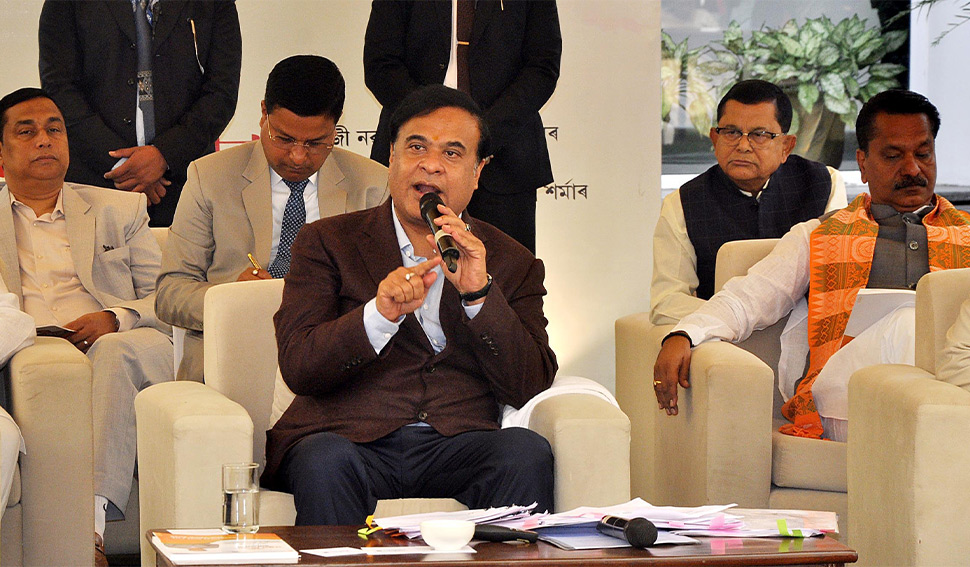China’s mega dam sparks fears of Brahmaputra drying up: warns Assam CM

Assam Chief Minister Himanta Biswa Sarma has raised serious concerns over China’s proposed construction of a massive dam on the Brahmaputra, warning of devastating consequences for the river’s ecosystem and water availability in the Northeast.
Sarma highlighted the fragility of the Brahmaputra’s ecosystem, which could become heavily reliant on rainfall from Bhutan and Arunachal Pradesh due to the dam’s upstream location.
“If sufficient rainfall does not occur, the Brahmaputra could dry up completely, posing a severe problem for us,” the Chief Minister warned.
Reduced flow from the river’s Tibetan source would place immense pressure on regional rainfall patterns to sustain the river’s volume and ecological balance.
Sarma assured that the Central government is aware of the issue and has raised its concerns with China through ongoing diplomatic dialogues.
The dam’s construction, part of China’s larger hydropower ambitions on the Yarlung Tsangpo River (as the Brahmaputra is known in Tibet), has intensified scrutiny over water-sharing and transboundary river management.
China’s proposed dam is expected to be the world’s largest, sparking fears of ecological and geopolitical repercussions in downstream nations, including India and Bangladesh.
India and China currently lack a formal water-sharing agreement for transboundary rivers, raising concerns about unilateral infrastructure developments that could trigger future disputes.
“Water Bomb” Allegations: Assam MLA Akhil Gogoi described the project as a potential “water bomb,” alleging it could serve as an “organic weapon of war” against India, further underlining the geopolitical risks.
Originating in Tibet and flowing through India and Bangladesh, the Brahmaputra is a vital resource supporting millions of lives and livelihoods, making any disruption to its flow a critical issue.
China’s dam-building spree on rivers flowing into South Asia has long raised alarms, not just in India but also in Bangladesh, which depends heavily on the Brahmaputra for its water needs. Environmentalists and policymakers have repeatedly called for regional cooperation and formal agreements to manage these shared resources sustainably.
Sarma’s remarks spotlight the environmental and strategic challenges posed by China’s mega-dam project on the Brahmaputra. While India continues to engage diplomatically with China, the project underscores the need for a robust framework for managing transboundary rivers and safeguarding the interests of millions dependent on their flow.

Leave a Reply